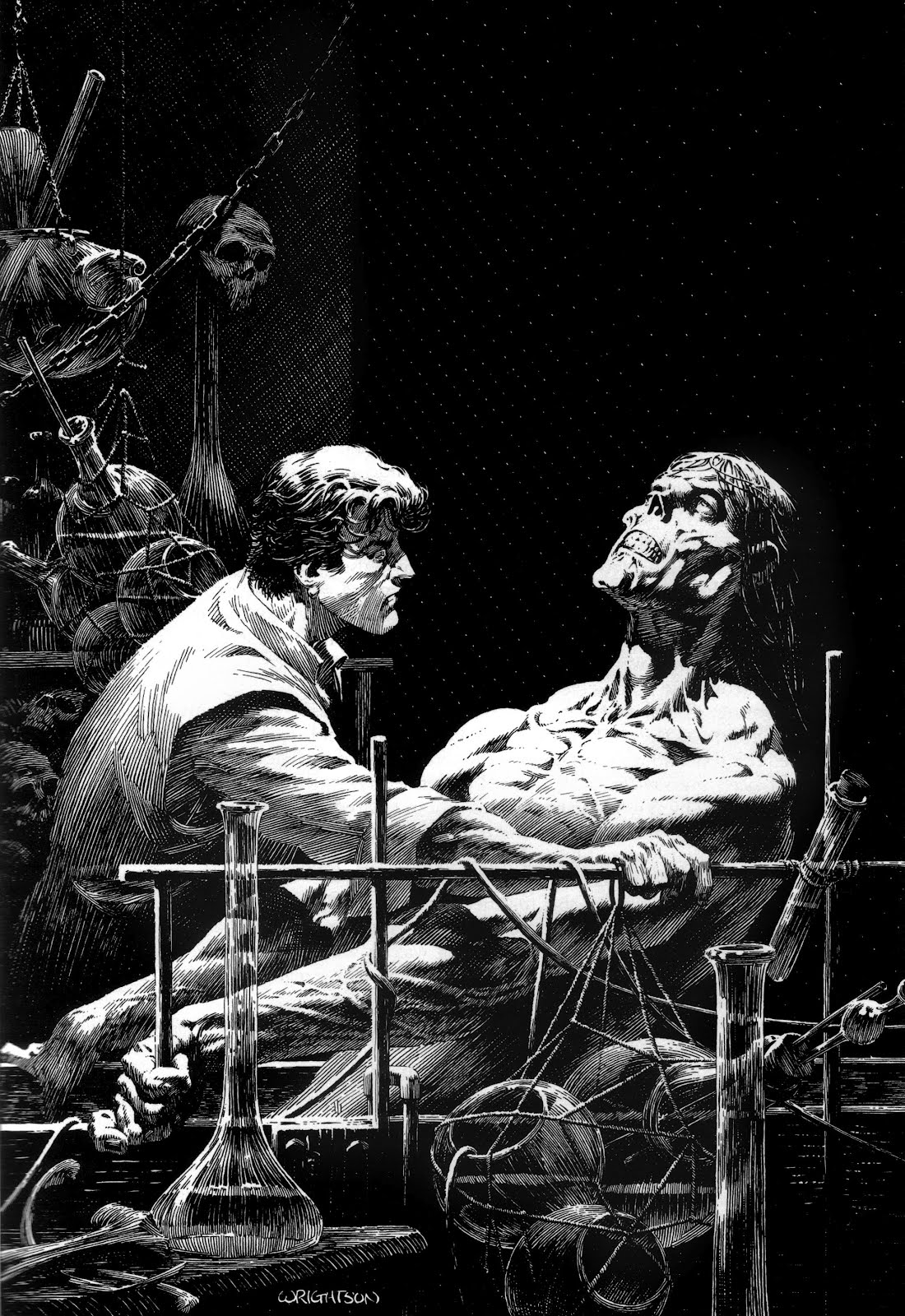Team:UNAM Genomics Mexico/HumanPractices
From 2012.igem.org

Human Practices Home
| Nanotubes!! | The logic | Random info |
Pop Culture and Fiction might not be the best teachers for anything out there, but many representations of the popular imaginary are taken from them and reflected on them in a complex relationship (1). Undoubtedly, there is not a lineal and direct relationship between portrayals of science and scientists, but pop culture (as represented in TV, movies and books) might shed some light and give meaningful insights on what is being thought by the community, through history and now. There might be also powerful cautionary tales out there.
Take for example Mary Shelley’s 1818 novel Frankenstein or The Modern Prometheus. Frankenstein is not a book particularly about science, but about anything that disrupts the continuum between the individual and the community. This disruption of virtue, as Shelley called it, is what might be considered to be at fault for the harm brought by Frankenstein's monstrous creation:
"I know that while you are pleased with yourself you will think of us with affection, and we shall hear regularly from you. You must pardon me if I regard any interruption in your correspondence as a proof that your other duties are equally neglected".(2)
This assertion from Victor Frankenstein's father represents something critical in the novel. During the summer when Victor created the 'monster', he was "engaged, heart and soul, in one pursuit," making his eyes "insensible to the charms of nature," and caused him to "forget those friends who were so many miles absent, and whom [he] had not seen for so long time." The act of corresponding with other person, as portrayed in the novel, is an act of being involved in community, and what Victor did on that summer according to his father and which can be inferred from the epistolary exchange, was withdrawing from the moral constrains of his community.
Victor Frankenstein is egotistical and he does not allow himself to respond to the needs and bonds of people around him. This egotistical search on Victor's case for Science ruptures community; that rupture and the consequences are embodied in the monstrous creation, which ultimately turns its back on his very creator.
While the election of Frankenstein as our cautionary tale may be seen as the most commonly used cliché to describe the work genetic engineers and synthetic biologists do, in this particular occasion we are focusing not on the unnamed monster and the analogy between our disciplines and the creation of new life, but on the doctor himself, his context and the results of his actions. Could this fictional story serve as a cautionary tale for us in the 21st century?
We believe it does. Right now, there is a breach between scientists and society that needs our most urgent attention. Perception of Science and scientists is suffering nowadays a crisis that might be considered of "public relations". The overall failure of the scientific community as a whole in its outreach duty and the perceived ostracism with which many of them carry their research have generated a gap between the general public and the scientific community within this paradigmatic deficit model. Despite the fact that we’ve got many great science communicators and Non-Profit Organizations devoted to this endeavor, the level of involvement of the society at large with the scientific community has been less than frugal.
The symptoms of this “public relations” failure can be observed in the last [http://translate.google.com/translate?hl=en&sl=es&u=http://www.eluniversal.com.mx/notas/735065.html&prev=/search%3Fq%3Dmexicanos%2Bno%2Bconf%25C3%25ADan%2Ben%2Bla%2Bciencia%26hl%3Den%26safe%3Doff%26client%3Dfirefox-a%26hs%3DAQQ%26rls%3Dorg.mozilla:en-US:official%26biw%3D1280%26bih%3D691%26prmd%3Dimvns&sa=X&ei=z1ZhUIyWHYmW2QXC_4CYBg&ved=0CCMQ7gEwAA
 "
"







